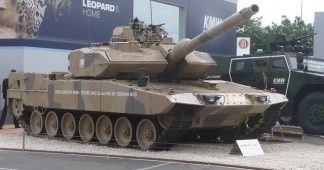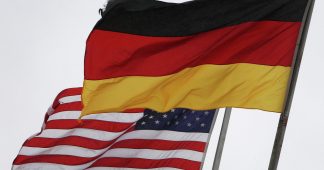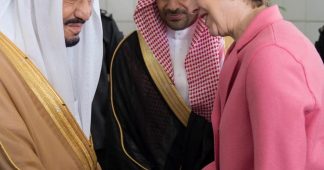Germany’s influence in Middle Eastern affairs has been historically subtle when compared to other Western powers, with Berlin being more focused on its economic interests and soft-power, rather than military intervention. Germany’s staunch opposition to the Western-led regime change campaigns in Iraq and Libya, and its tendency to avoid partnerships with Israel’s enemies, have prompted analysts to describe its Middle Eastern policy as one of deliberate “benign neglect”. However, a combination of domestic factors and recent geopolitical developments in the Arab world have prompted Germany to become a major arms supplier for the Gulf Cooperation Council (GCC) states, underscoring the notion that geo-strategic and economic interests drive states’ foreign policies.
Germany’s Nazi past led it to self-impose restrictions on international arms sales, the purpose of which was to avoid the transfer of weapons into the hands of governments in conflict zones or those that disrespected human rights. For decades following the War, most German arms sales were made under the auspices of the North Atlantic Treaty Organization, but the Merkel government ended this policy after the Euro crisis and ‘Arab Awakening’ erupted.
Read more at https://www.huffingtonpost.com/daniel-wagner/germanys-arms-sales-and-t_b_3803403.html











